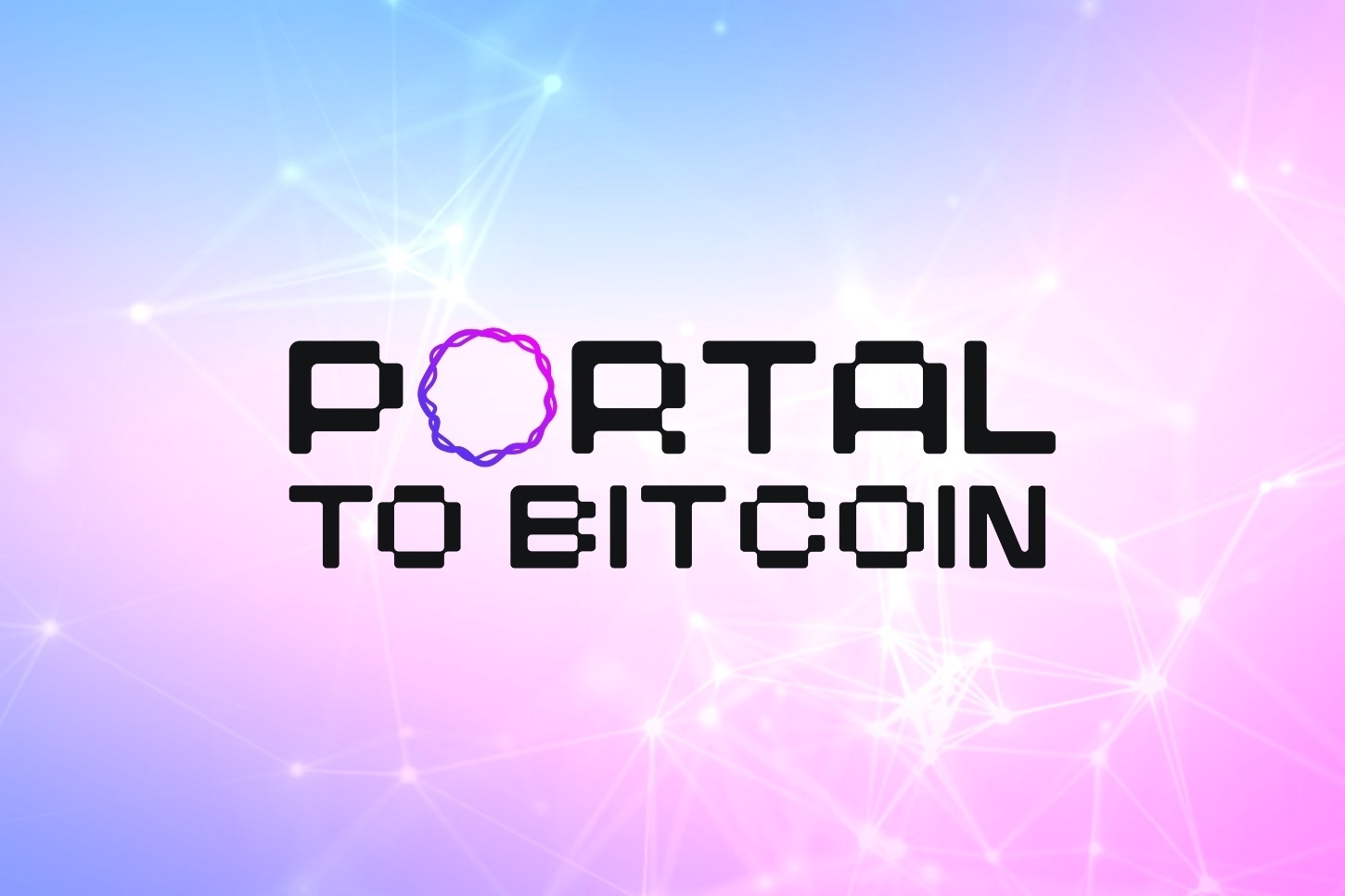This publication is provided by the client. The text below is a paid press release that is not part of Cointelegraph.com independent editorial content. The text has undergone editorial review to ensure quality and relevance, it may not reflect the views and opinions of Cointelegraph.com. Readers are encouraged to conduct their own research before taking any actions related to the company. Disclosure.
September 2, 2025 – Portal to Bitcoin (PORTAL), a custodyless protocol enabling atomic swaps of native Bitcoin with other blockchains, today announced the listing of its native token, PTB, on seven major crypto platforms: Binance Alpha & Futures, Kraken, KuCoin, Gate.io, BitGet, and MEXC. This milestone enhances accessibility and liquidity for Portal to Bitcoin token holders globally.
Over the past several months, Portal has gained meaningful traction. The platform has processed more than 18 million transactions, has been downloaded >1.3 million times on the chrome webstore, facilitated the creation of over 850,000 wallets, and maintains >950,000 active wallets, with 73% of all acquired users remaining actively engaged. These adoption metrics highlight growing demand for secure Bitcoin interoperability at scale.
Backed by $92 million in funding for the project from leading investors including OKX Ventures, Coinbase Ventures, Arrington Capital, Republic, Shima Capital, and Fenbushi Capital, as well as founders from Ethereum, Tether, Dfinity, and Hedera, as well as a newly committed $50M ecosystem fund to fund developers and institutional partnerships, Portal has the resources to continue expanding its infrastructure and integrations.
“Central to this expansion is BitScaler, its proprietary scaling technology that allows Bitcoin to handle more transaction types and higher throughput than even lightning with lower fees without changes to the core Bitcoin protocol, requiring no bridges, L2s, Sidechains, wrapped derivatives etc.” says Dr. Chandra Duggirala, CEO and Founder of Portal to Bitcoin.
Already, more than half of Bitcoin Layer 2s; including Babylon, Stacks, BOB, Merlin, Lombard, and Rootstock, are integrating Portal’s BitScaler-based liquidity router.
The PORTAL token has a total lifetime fixed supply of 8.4 billion and an emission model that mirrors Bitcoin’s halving, reducing issuance over time. Every swap on the network carries a 0.3% fee, half of which is used to repurchase and burn PORTAL, steadily shrinking supply.
Distribution is designed to reward those who support the system: liquidity providers receive the majority of emissions, with validators and lite nodes also compensated for securing the network. Community members benefit from airdrops, released partly at the token generation event and gradually thereafter, while allocations for development and reserves are subject to lock-ups to ensure long-term stability.
This mix of immediate rewards, controlled emissions, and ongoing burn mechanics gives token holders both short-term benefits, like airdrops and participation incentives; and longer-term upside from deflationary supply and broader adoption.
“Portal’s token design ensures that participants, from liquidity providers to validators, are rewarded both in the near and long term. Early contributors stand to benefit from direct distribution for the value they contributed to the network, while the burn mechanism helps sustain the network expansion and utility as well as value,” continues Dr. Duggirala.
Portal’s ecosystem extends beyond swaps. Its Portal Wallet combines multi-currency support with a built-in Layer 2 DEX; its Swap SDK allows other wallets and DEXs to integrate the technology with minimal effort; and RAFA-AI, its investing copilot, provides best in the world AI investment co-pilot for sophisticated traders.
The team behind Portal includes Dr. Chandra Duggirala, Co-Founder and CEO, credited with inventing BTC Layer 2 cross-chain atomic swaps; George Burke, creator of the first Bitcoin debit card; Manoj Duggirala, a Stanford-trained engineer and former IBM technologist who helped design Apple’s M7 core processor; Abhinav Sinha, Head of AI with ~10 years of data science and AI senior engineering experience at NVIDIA and Ian Byrne, a veteran go-to-market strategist with experience supporting dozens of blockchain projects.
With PORTAL soon to be live across major exchanges and underpinned by a well-considered economic model, the company is positioned to make Bitcoin the financial backbone of the internet and traditional financial services backed by real engagement metrics and a token structure geared toward longevity.
About Portal to Bitcoin
Portal is non-custodial infrastructure enabling atomic swaps between Bitcoin and other chains—without bridges or wrapped assets. Its technology stack includes BitScaler, PortalOS, the Portal Wallet, Swap SDK, and RAFA-AI. The protocol is backed by Coinbase Ventures, OKX Ventures, Arrington Capital, and others, with a funding pedigree totaling tens of millions (e.g., $34 million reported in early 2024)).


